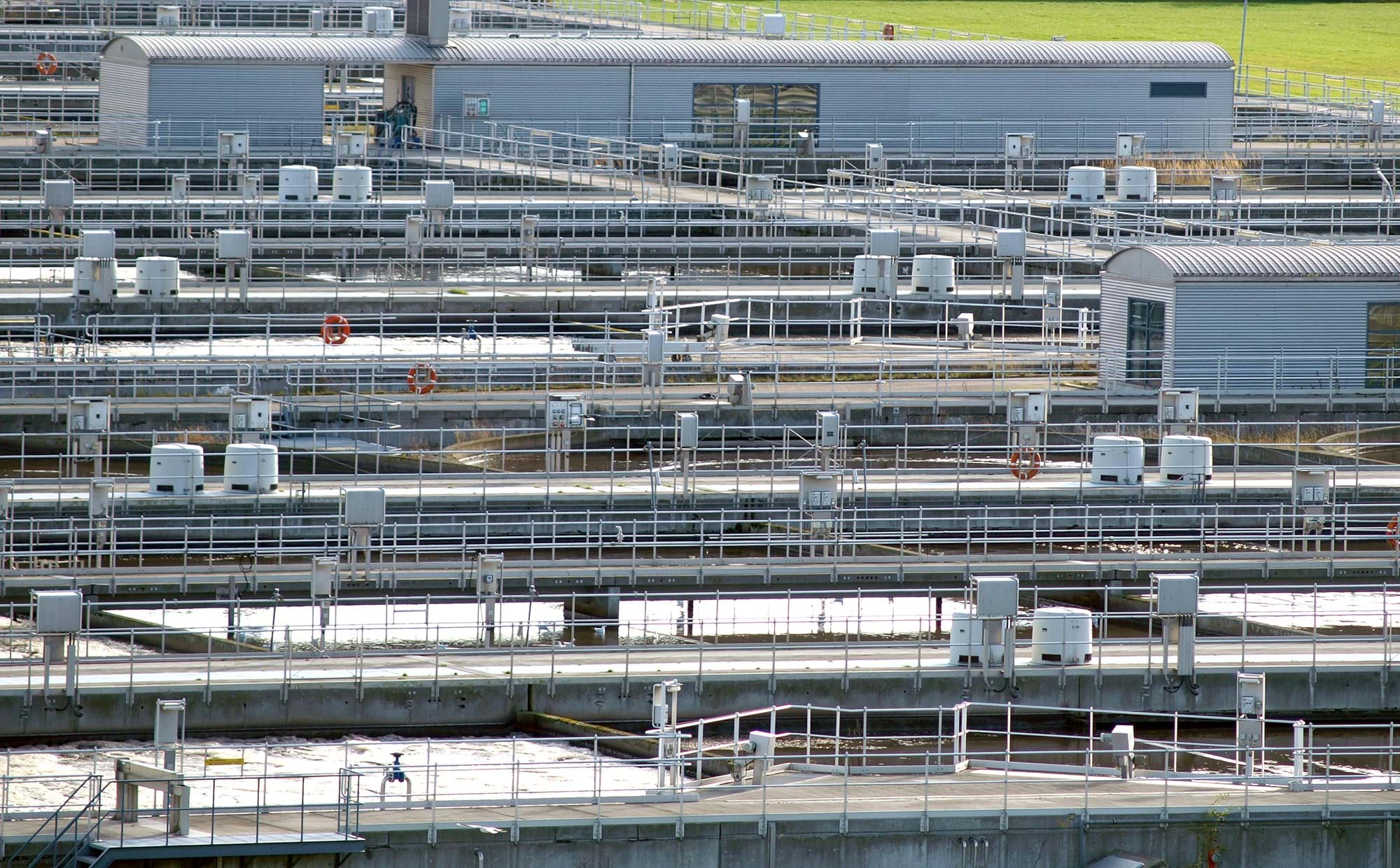

In almost all types of chemical industry, water is either part of the product itself or is used in the manufacturing process - it is therefore essential that the building materials are corrosion-free and chemically resistant.
Our fibreglass profiles are resistant to water, aggressive chemicals and liquids. This makes fibreglass ideal for the chemical industry where the risk of corrosion is particularly high.
The composite material is composed of at least two different materials, each of which is not always suitable for construction purposes by itself. However, when combined they form a material of superior strength and rigidity and with properties that are unsurpassed in terms of longevity.
With minimal maintenance required throughout their long lives, our fibreglass profiles are a cost-effective alternative to stainless steel, concrete and timber. They are also low in weight, which in many cases means a reduction in overall weight and lower installation costs, such as the cost of special machinery and personnel. This yields significant savings over the lifetime of the solution as a whole, thereby making fibreglass a sustainable and future-proof construction material. In addition, and in contrast to metals, our profiles are not exposed to electrolytic corrosion.
Fiberline Building Profiles A/S is one of only a few companies to have a CE mark for fibreglass structural profiles. This makes it easier to get construction projects approved throughout the EU.
Our products are CE certified according to the EN13706 1-3 standard. This certification is your guarantee of consistently high quality every time you buy from us and use our products. Read more
Fiberglass enables lightweight and robust constructions, making installation faster. Although the material is comparable to steel, the specific weight of Fiberglass is only a quarter of steel. Read more
Fiberglass is an exceptionally strong material, rivaling steel, aluminum, and wood. Composite profiles offer similar weight to aluminum, while being just 20% the weight of concrete and 40% of steel, making them highly efficient. Read more
Composite materials are generally very durable, with only a few exceptions. They resist a variety of aggressive liquids and environments, resulting in long lifespan and minimal need for maintenance. Read more
Fiberglass is UV-resistant and can withstand temperatures between -40 and +80 degrees Celsius without deterioration of its properties. Additionally, it tolerates seawater and other atmospheric influences. Read more
Fiberglass profiles are electrically insulating. They are suitable for use in connection with all electrical constructions, such as along railway tracks, power plant installations, etc., as they are suitable for both low and medium voltage. Read more
The processing of fiberglass profiles is significantly easier than for metals such as steel, and just as efficient as for wood. This makes it easy to handle solutions with our profiles on site. Read more
Fiberline's fiberglass profiles have a significantly higher thermal insulating capacity compared to steel and aluminum. Read more
Fiberline's products are manufactured energy-efficiently through pultrusion. The low weight relative to strength and long lifespan make them a cost- and energy-efficient alternative. Read more